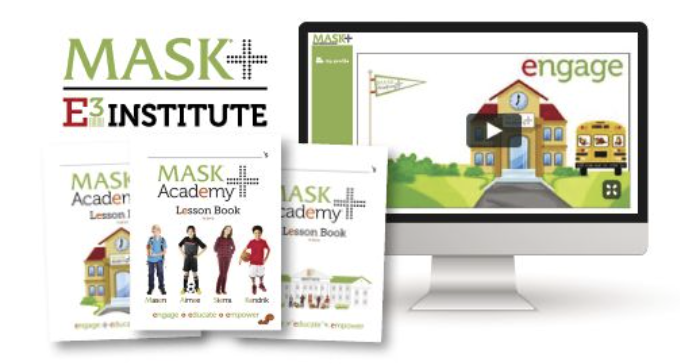
How to Parent College Kids in the Summer
June 12, 2024
Borderline Personality Disorder Signs for Adolescents
June 14, 2024Helping your child navigate through a breakup can be challenging, but it’s essential to provide them with support and guidance during this emotional time. Here are some steps you can take to help your child cope with a relationship ending:
- Listen: Encourage your child to express their feelings openly. Let them know that it’s okay to feel sad, angry, or confused. Listen without judgment and validate their emotions.
- Provide reassurance: Assure your child that it’s normal to feel hurt after a breakup and that they’re not alone. Remind them that they are loved and supported by you and other family members or friends.
- Encourage healthy coping mechanisms: Help your child find constructive ways to cope with their emotions, such as talking to a trusted friend or family member, writing in a journal, engaging in physical activity, or pursuing hobbies they enjoy.
- Maintain routine: Encourage your child to stick to their daily routine as much as possible. Having structure and predictability can provide a sense of stability during a turbulent time.
- Offer distractions: Encourage your child to engage in activities that they find enjoyable and distracting, whether it’s watching movies, playing sports, or spending time with friends.
- Provide perspective: Help your child understand that breakups are a natural part of life and that they can learn and grow from the experience. Encourage them to focus on self-care and personal growth.
- Model healthy coping: Be mindful of how you handle your own emotions and conflicts. Your child will learn from observing your behavior, so model healthy coping strategies and communication skills.
- Seek professional help if needed: If your child is struggling to cope with the breakup or showing signs of depression or anxiety, consider seeking support from a therapist or counselor who specializes in working with children and adolescents.
- Encourage patience: Healing from a breakup takes time, so remind your child to be patient with themselves and allow themselves to grieve at their own pace.
- Monitor for signs of distress: Keep an eye out for any concerning changes in your child’s behavior or mood, such as withdrawal from friends and activities, changes in eating or sleeping habits, or expressions of hopelessness. If you’re worried about your child’s well-being, don’t hesitate to seek professional help.
Above all, let your child know that you are there for them and that they can lean on you for support whenever they need it. By providing a safe and nurturing environment, you can help your child navigate through the challenges of a breakup and emerge stronger and more resilient in the long run.
To learn more tips and parenting subscribe to MASK The Magazine, parenting solutions for today’s families
Subscribe to MASK The Magazine
Or
Did you know that you can add past issues of MASK The Magazine and start your MASK Library –
Enroll your child or school in the MASK E3 Institute to equip them with the knowledge to make safe healthy and informed decisions.




